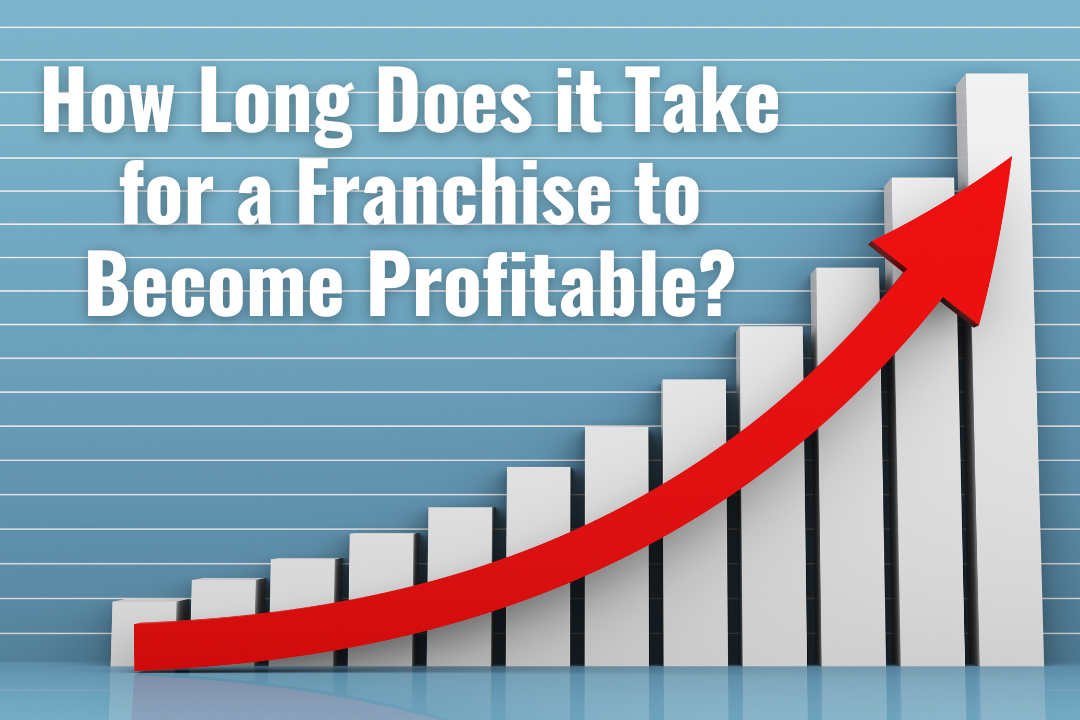Starting a franchise can be an exciting opportunity for entrepreneurs looking to enter the world of business ownership. With an established brand and support from the franchisor, it can seem like a guaranteed path to success. However, one question that often comes up is: how long does it take for a franchise to become profitable? This article will explore this question and provide some insights into the timeline for a franchise to start generating profits.
Understanding the Concept of Break-Even Point
In the world of franchising, the break-even point is a crucial concept to understand. It refers to the point at which a franchise starts generating enough revenue to cover its fixed and variable costs. At this point, the franchise is neither making a profit nor incurring a loss. Calculating the break-even point involves considering expenditures such as initial investment, ongoing expenses, and revenue projections. It’s important for franchisees to know their break-even point, as it provides a clear milestone toward profitability. By understanding this concept, franchise owners can make informed decisions to optimise their business operations and reach profitability sooner.
The Role of Initial Investment and Recurring Costs
One crucial factor determining how long a franchise can become profitable is the initial investment and recurring costs. When starting a franchise, an upfront investment is typically required to secure the franchise rights and set up the business. This initial investment can vary widely depending on the franchise, ranging from a few thousand pounds to several hundred thousand pounds.
In addition to the initial investment, franchisees must consider recurring costs such as royalty fees, advertising fees, and ongoing operational expenses. These costs can vary depending on the franchise and the specific terms outlined in the franchise agreement.
It’s important for franchisees to carefully assess and plan for these costs when determining their profitability timeline. By understanding the role of initial investment and recurring charges, franchise owners can make informed financial decisions and adjust their strategies to reach profitability more efficiently.
Impact of the Franchise Industry and Market
The franchise industry and market can significantly influence how long it takes for a franchise to become profitable. Factors such as consumer demand, market saturation, and industry trends can all play a role in the success of a franchise. A franchise may quickly generate profits in a thriving industry with high demand. On the other hand, a saturated market or declining industry can make it more challenging for a franchise to become profitable. Understanding the current state of the franchise industry and market is crucial for franchise owners to develop effective strategies and position themselves for success.
Importance of Location and Local Competition
The importance of location and local competition cannot be overstated when it comes to a franchise’s profitability. Choosing the right franchise location can significantly impact a franchise’s success, as it determines the potential customer base and accessibility. A prime location in a busy area with high foot traffic can lead to more sales and faster profitability. Additionally, local competition must be taken into account. If already established businesses offer similar products or services in the area, it may take longer for a franchise to establish its customer base and become profitable. Careful research and analysis of the local market and competition are paramount for franchise owners to make informed decisions and position themselves for success.
Effectiveness of Management and Marketing
Effective management and marketing are crucial for the profitability of a franchise. The way a franchise is managed can have a significant impact on its success. From efficiently managing resources to ensuring effective communication with employees, strong management skills can help streamline operations and reduce costs. Additionally, effective marketing strategies are essential for attracting customers and driving sales. By implementing targeted marketing campaigns and staying updated with industry trends, franchise owners can increase brand awareness and customer engagement, ultimately leading to higher profits. Effective management and marketing go hand in hand in ensuring a franchise’s profitability.
Can You Speed up the Profitability Process?
While there is no magic formula to speed up the profitability process for a franchise immediately, there are strategies that can help accelerate the timeline. One fundamental approach is to concentrate on effective marketing and customer acquisition. By implementing targeted marketing campaigns, utilising social media platforms, and fostering strong customer relationships, franchise owners can attract more customers and achieve customer retention, ultimately leading to increased revenue. Additionally, streamlining operations and optimising resource management can reduce costs and increase efficiency, leading to quicker profitability. It’s important for franchise owners to continuously analyse their business strategies and make adjustments to optimise profitability.

